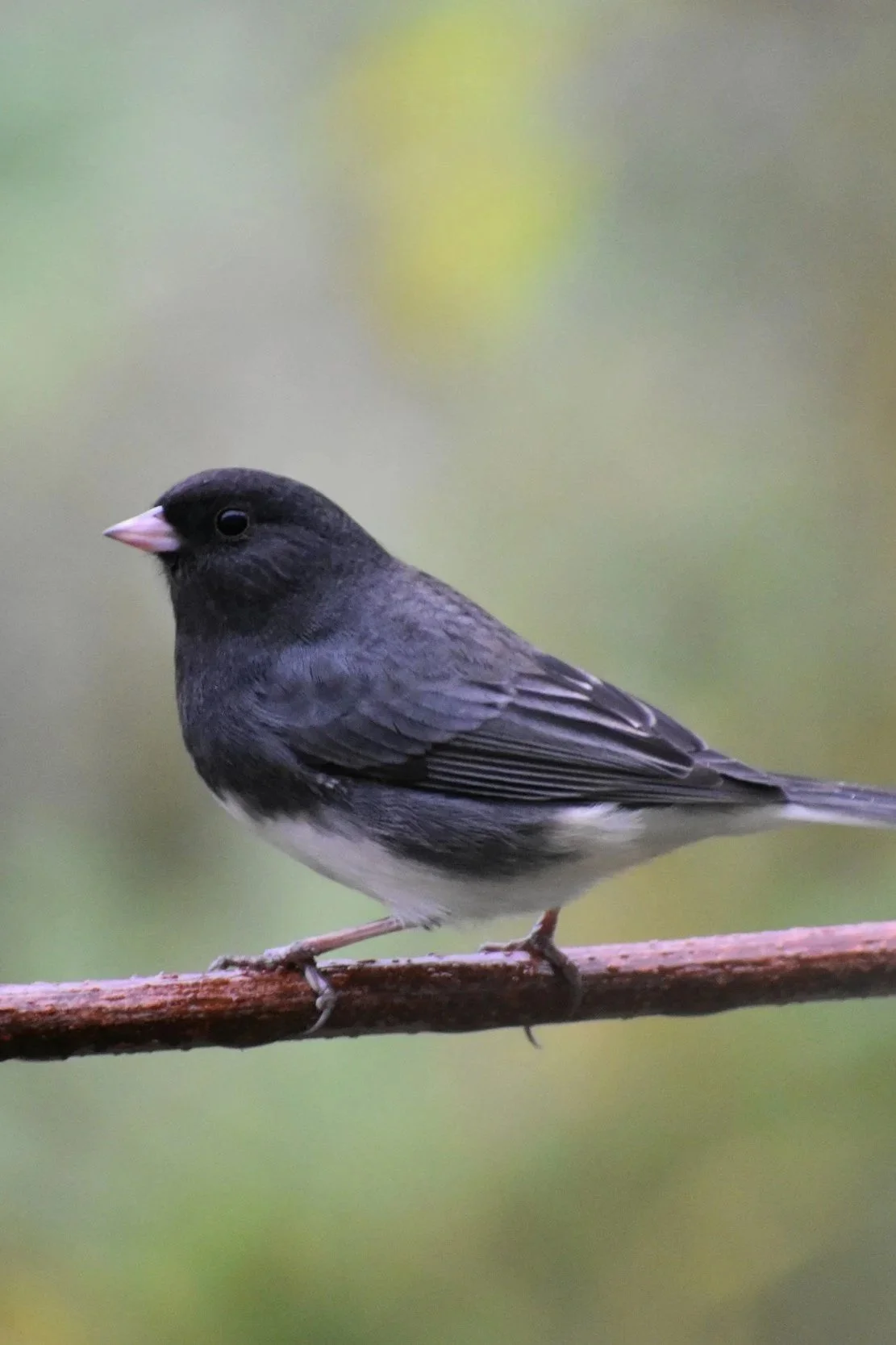Plays (some of them)
Who Do You Think I Am
A play about solipsism, about thinking you have your shit together, and about knowing others do not. A play about the ways we’re similar to the people we love, and a play about all the ways we like to deny that fact. A play about being a writer and also being a person. And, occasionally, about bowling.
ANJA: Nice is different than good.
LUCAS: Not good, not nice, just right.
ALEC: The farther you run, the more you feel undefined.
JORDAN: The false hopes, the goodbyes, the reverses.
Camelot (Revised Book)
The musical Camelot famously doesn’t work: a gorgeous score with a haphazard book and half-baked arcs. What if it worked, though? What if it was fixed?
Camelot, to me, is equal parts a story of inevitability and hamartia. Strip away the excess, every other character, every inciting incident, and these three characters will always find each other, and will always resolve tragically and apart. The conclusion need not be forced. If Arthur, Guenevere, and Lancelot exist in the same space and time, this is how their story ends.
Off of Alan Jay Lerner’s original 1960 Camelot book, and with (most of) the songs of the iconic score, I have written a revised book for this classic catastrophe, aiming above all to do this trio of characters that I care for deeply justice.
Don’t Jump
Maxine collects stories, and maybe something else too. Oliver wouldn't necessarily say they have a story to share. Agree to disagree.
"Have you noticed that, about the Greeks? They called it ob skena - off stage. All the violence happens in between the scenes and we’re just told about it later. It becomes about the morality behind the action, not the action itself.
That’s where we get the word obscene. Though now obscenity is in vogue on stage, or on film. Audiences crave it. We’ve gotten so obsessed with realism in our escapism that they feel cheated to talk about death but not see it."
Death of a Junco
10% about gender, 30% about falling in love with your best friend, and 60% about the truths we tell ourselves and each other.
“ROSS
Are you an artist, at all?
MEL
I think I was supposed to be. But not really, no. I think people expected me to be but I never really had it in me. Maybe I just didn’t have anything to say…I just talk a lot. If you fill the silence, people don’t notice that you’re not really saying anything at all.”
Bracing for the Wind
What does it mean to be lovable? To be loved? For the B's in my life, all of whom I love dearly.
And Eat It Too
Described as a mix between The Boys in the Band, The Exterminating Angel, and No Exit, And Eat It Too follows a long term friend group through what should be a normal unspecific game night hang, if not for each member bringing in their own self centered baggage to derail the evening.





